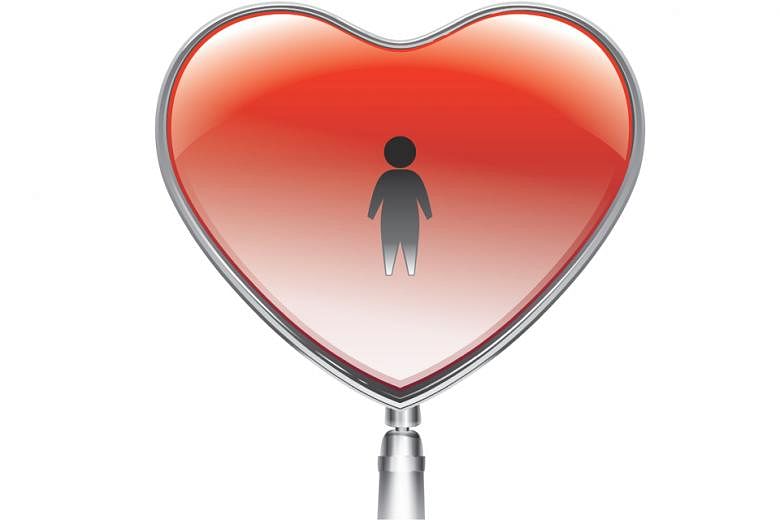A few years ago, I found myself listening to a briefing for volunteers at Touch Family Services. I was there because, at a deeper level, I wanted to do more.
At that briefing, I learnt that there were as yet no volunteers to work with children in a particular programme.
This programme aims to equip the children with skills to catch up with their peers in education.
There could only be a single teacher for each group of children. However, the children were of various ages and differing capabilities. The involvement of volunteers to coach or encourage them would help to meet the aims of the programme.
I decided to invite myself to the weekly sessions with the children.
Since then, the programme has expanded and the children have benefited. This is largely because of the flexibility and passion of the staff at Touch.
We engaged in discussions on what the children needed. We improvised and adapted the programmes accordingly. For example, one involved teaching phonics; another, learning through play-acting.
Being a volunteer in this manner is easy and rewarding.
It allows the person to give and, in the process of giving, learn the balance of love and firm guidance that children need.
Beyond fulfilling the desire to help others, this stint yielded other, less obvious benefits.
I learnt to be patient. To see a child learn and grow takes time.
I learnt to be humble and know my limits.
I learnt to accept how much and, at the same time, how little one can accomplish.
The last is by far the most important. To accept that each of us is only human and, therefore, limited in terms of how quickly we can achieve our goals.
This became evident to me as some of the children grew in knowledge as well as character and others, less so.
Some seemingly did not learn or grow at all, at least at the beginning.
Accepting our limits matters because discontent and unhappiness, and the poor mental health that comes from that, stem from unmet expectations of oneself and others.
There are plenty of rich and successful people we hear about and admire. Yet many are also unhappy - and the reason could well be unmet expectations.
It is easy to read about the importance of realistic expectations.
But only the constant striving to meet expectations, and realising what is and is not possible, will allow us to truly understand it.
There was also the gradual removal of conscious and unconscious barriers due to race, perceived station and one's self-importance.
Many of us fall into the trap of stereotyping others, usually negatively, and we tend to overestimate ourselves.
I learnt that there were no important differences except the ones I had imagined.
Finally, my empathy for others, observational skills, and understanding of children's behaviour, became stronger.
It went beyond anything my medical training or years of experience as a paediatrician could have taught me.
In clinics and in the hospital ward, contact with young patients is usually brief.
Furthermore, it is filtered through established professional boundaries.
In the hours I spent observing and interacting with the children at Touch, I interacted with them as they were, without any barriers.
I had far more time to observe and learn about them and to pick up on nuances.
It has served me well, for empathy and observation are key attributes for a doctor.
Understanding the behaviour of children is important too.
Parents often ask paediatricians questions about their child's behaviour that is not part of medical training.
Even paediatricians with children may be stymied.
None of these benefits would have been possible if I had joined the programme for a short while, say, for a few weeks, or if I had restricted myself to a donation.
Two years back, a friend was surprised when she learnt about my volunteering.
She asked why I did not spend that time doing locum work instead. This means working as a doctor outside the usual hours.
But I told her that what I had gained from helping was worth far more than the money I could have obtained from spending that same time working.
Looking back, I am glad I took that first step, and I am still volunteering every week.
I have had my face splattered with an enthusiastic child's saliva more than once; I have seen them work and play together; I have seen their ups and downs, their personal triumphs and growth.
These experiences have made me not only a better person, but also a better doctor.
- Dr Soh Jian Yi is a consultant in the division of paediatric allergy, immunology and rheumatology at National University Hospital.

